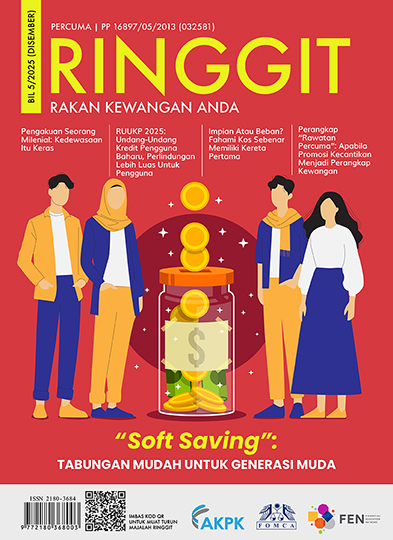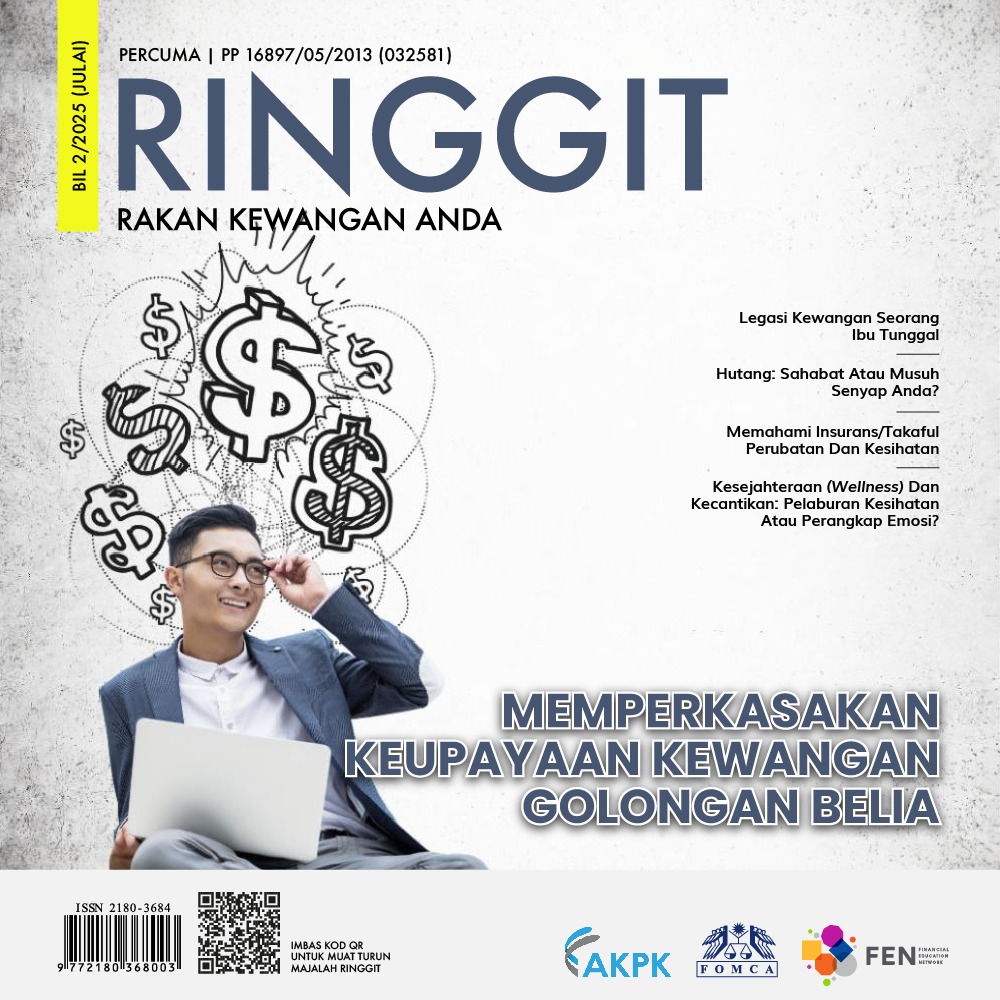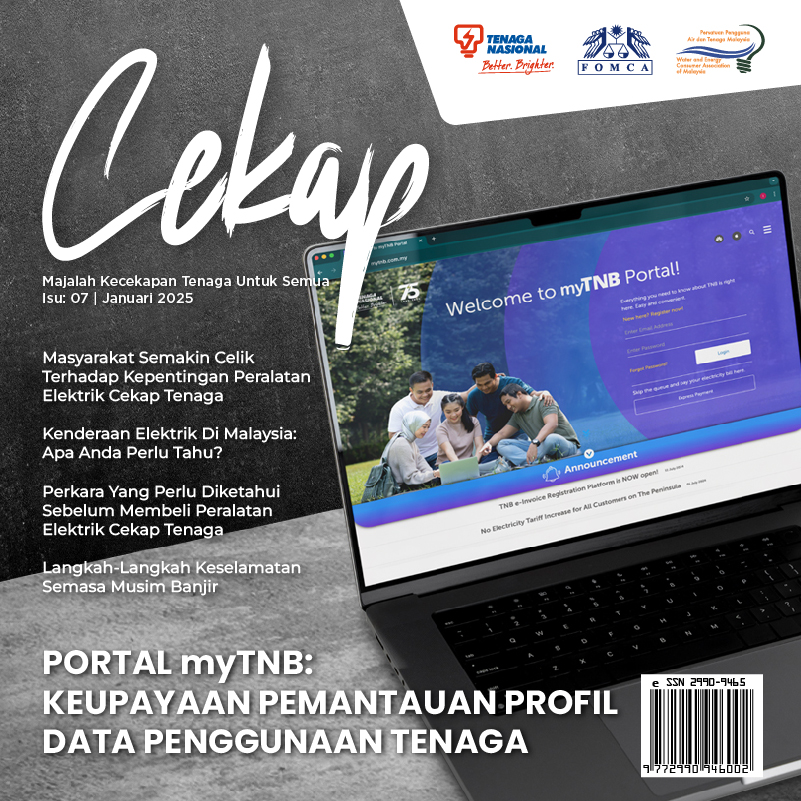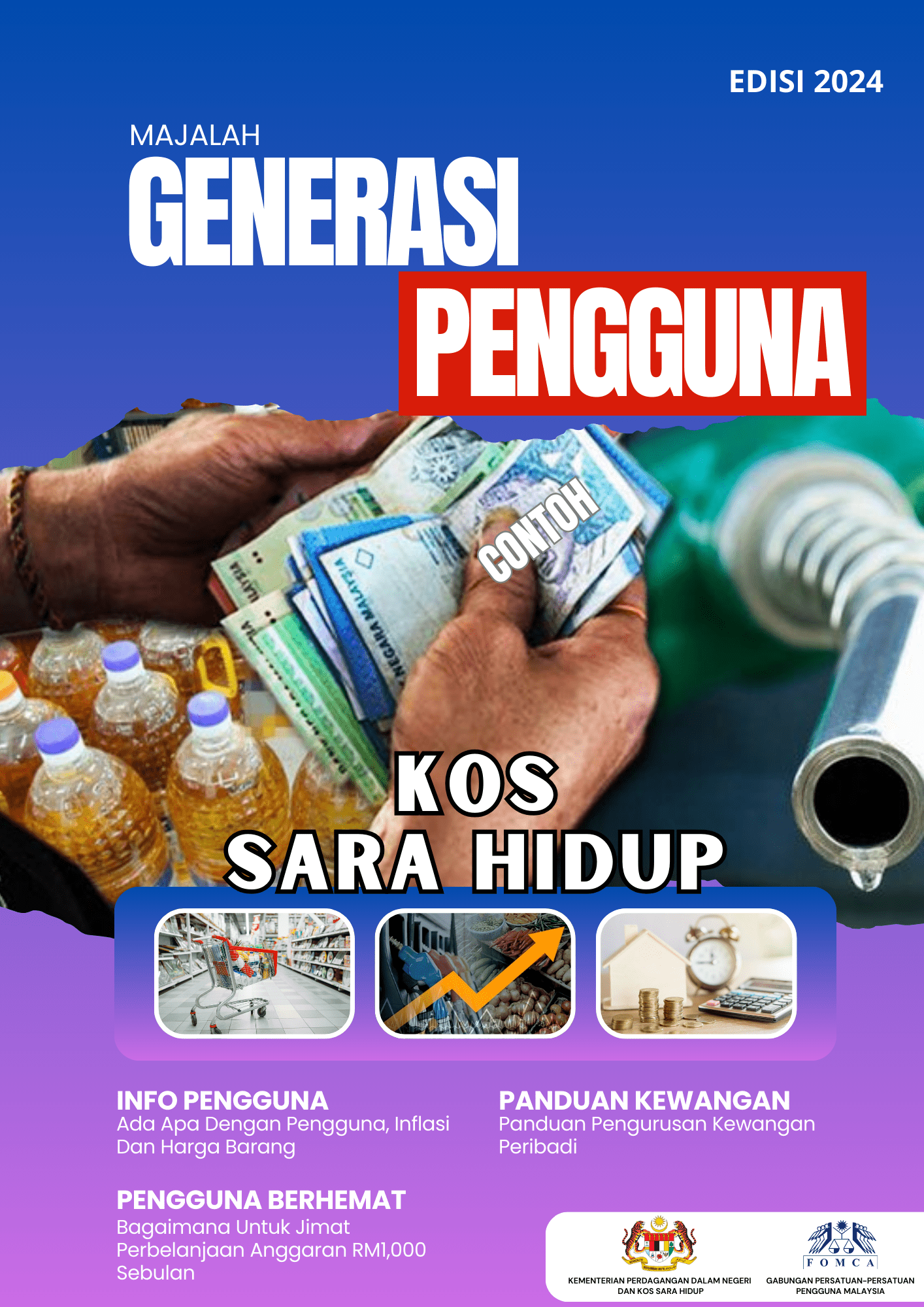Tiada bakteria SE di ladang ayam penelur CEM 014 Linggi
- Details
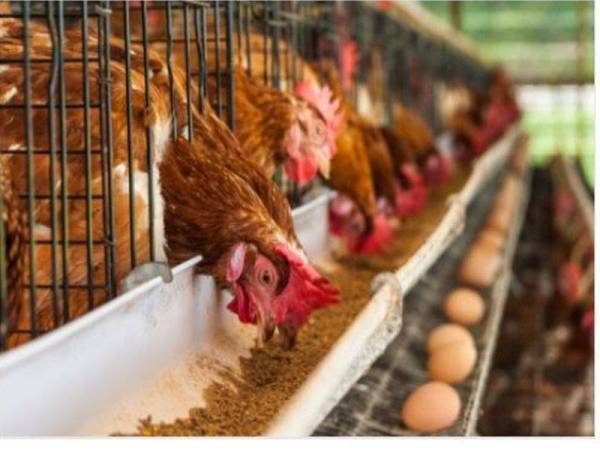 02 April 2021
02 April 2021
PUTRAJAYA - Tiada bakteria Salmonella Enteritidis (SE) dikesan di ladang ayam penelur CEM 014 Linggi Agriculture Farm, menurut Jabatan Perkhidmatan Veterinar (JPV).
Menurut JPV, keputusan itu diperoleh selepas ujian dijalankan ke atas sampel calitan kloaka, calitan najis, sampel telur, makanan dan air minuman yang diambil dari ladang ayam penelur tersebut.
"Program pemantauan Salmonella ke atas 276 ladang ayam penelur seluruh negara dipertingkatkan bagi memastikan bekalan dan keselamatan telur yang dipasarkan," kata JPV dalam kenyataan di sini pada Jumaat.
JPV juga menasihati pengguna supaya memastikan telur yang dibeli adalah bersih, tiada pencemaran najis, tidak retak, disimpan di tempat yang sesuai dan dimasak dengan sempurna sebelum dimakan.
Katanya, pencemaran SE boleh berlaku di peringkat ladang disebabkan amalan penternakan kurang baik, aspek biosekuriti dan kebersihan ladang atau di sepanjang rantaian pemasaran disebabkan pengendalian telur kurang bersih.
Dilaporkan baru-baru ini, Agensi Makanan Singapura (SFA) mengarahkan beberapa pengimport untuk menarik balik telur dari Linggi Agriculture di Malaysia (CEM 014) selepas mengesan adanya SE dalam produk terbabit. - Bernama
Consumer alert – Scam cases are rising
- Details
April 1, 2021 @ 5:17pm
LETTER: The Federation of Malaysian Consumers Associations (Fomca) and the National Consumer Complaints Centre (NCCC) would like to alert Malaysian consumers on sudden spike of scams related complaints and be cautious and remain alert to scams.
Scammers are becoming increasingly more sophisticated with their tactics and are hoping that you let your guard down. We urge consumers not to provide their personal, banking or any details to strangers who have approached them though phone calls.
Fomca been receiving approximately 450 complaints and enquiries related to scam since January 2021. Based on our observation, these scammers take advantage of the vulnerable consumers and surprisingly some of the victims are highly educated.
It is becoming more difficult to know and differentiate between a scam and a legitimate business. Fomca also would like to urge all relevant authorities to be more active and play their role in curbing these unscrupulous activities.
Many consumers are still not aware about scamming activities. The Communications and Multimedia Ministry and the Malaysian Communications and Multimedia Commission (MCMC) should play an important role to educate consumers by using their channels to reach out to the public at large.
The Domestic Trade and Consumer Affairs Ministry also need to publish and update frequently all scam related cases in their website so that consumers would be able to get information relating to scams. Enforcement agencies also must charge these culprits and increase fines and jail terms for these offences.
Scammers are constantly trying to steal consumers' personal data using fake emails, websites, phone calls, and even text messages. They use a variety of ways to try to trick people into providing personal information, bank account numbers, and other valuable information such as credit card numbers.
i-Sinar beri impak positif kepada ekonomi - BNM
- Details
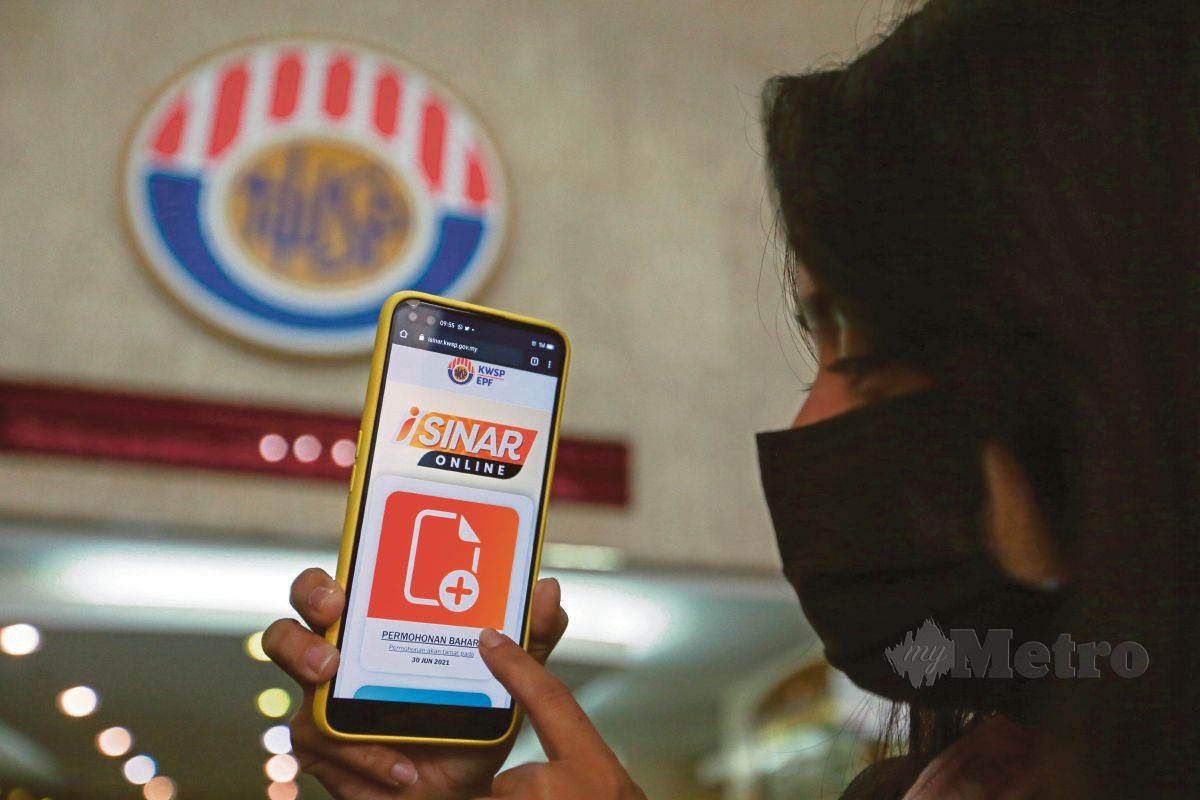 April 2, 2021
April 2, 2021
Kuala Lumpur: Pengeluaran skim i-Sinar Kumpulan Wang Simpanan Pekerja (KWSP) dilihat memberi impak langsung yang positif kepada ekonomi sebenar yang menyokong penggunaan domestik.
Timbalan Gabenor Bank Negara Malaysia (BNM) Datuk Abdul Rasheed Ghaffour berkata, dari segi simpanan persaraan, bagaimanapun, penampan perlu diperkukuh dan dibina semula.
"Itu sebabnya pembaharuan pasaran buruh penting untuk memastikan rakyat mempunyai pekerjaan dan pendapatan yang lebih baik supaya mereka boleh menyimpan lagi untuk meningkatkan penampan kewangan mereka dari segi simpanan persaraan," katanya dalam webinar anjuran Persatuan Ekonomi Malaysia.
Beliau berkata, langkah pembaharuan dalam perlindungan sosial juga penting terutamanya berkaitan bahagian insurans sosial dan skim persaraan swasta berikutan ia dapat membantu mengukuhkan lagi faedah persaraan.
Mengenai impak daripada pengeluaran i-Sinar kepada pasaran kewangan, beliau berkata, fokus BNM adalah mengurangkan potensi impak daripada kemusnahan pasaran iaitu memastikan kecairan yang mencukupi dalam pesisir untuk menyokong kestabilan kewangan.
"Hutang dan kecairan pasaran kewangan dalam pesisir telah menjadi faktor penting untuk memastikan pelarasan telah dibuat secara meluas dan teratur, disokong oleh jumlah dagangan harian yang baik dari semasa ke semasa dalam pasaran forex dan bon," katanya.
Ketua Penyelidikan MIDF Imran Yusof berkata, beliau turut berpandangan bahawa pengeluaran i-Sinar, terutama secara menyeluruh, sebagai positif kepada ekonomi sebenar.
Consumers left in unfavourable position
- Details
 1 April 2021
1 April 2021
THE Consumer Claims Tribunal and Tribunal for Homebuyer Claims do not allow the disputing parties to be represented by practising lawyers. This is because they are supposed to be low-cost forums for the public’s small claims matters.
In many cases, this provision leaves the claimants at a great disadvantage as large businesses often have employees who have legal qualifications. These employees, who are not holding practising certificates from the Bar Council, are assigned to represent their employers at tribunal hearings. For all practical purposes, they are “lawyers” but are allowed to speak for their employers.
The man in the street can get the help of anyone (including lawyers) to prepare their claim forms for filing. But at the hearing, they may have difficulty presenting their cases. They may not be articulate enough or coherent in their presentation, and may not be able to rebut what the defendants’ “lawyers” are saying.
Thus, some claimants are left in a very disadvantageous position at the hearings not because they have any physical “disability”, but because their knowledge, experience, confidence and ability to articulate their thoughts are no match for the defendants’ “lawyers”.
A clause in the laws of the tribunals says: “a minor or any other person under a disability may be represented by his next friend or guardian ad litem”.
Is a layperson claimant who is facing a “lawyer” from the defendant’s side “under a disability” as he is no match for the “lawyer”? How is this section interpreted and applied by the tribunals?
SC probes rings that cheated investors of RM7mil
- Details
 1 April 2021
1 April 2021
PETALING JAYA: The Securities Commission Malaysia (SC) is investigating a syndicate suspected of running unlicensed investment schemes promising high returns to prospective investors.
In a statement today, the SC said the syndicate was being investigated for alleged offences under the Capital Markets and Services Act 2007.
It said SC officers raided several of the syndicate’s locations in Kuala Lumpur recently, confiscating their records and devices. Their servers were also shut down.
According to the statement, the syndicate, which also runs two clone firm schemes promising high returns in a short period of time, was believed to have duped hundreds of investors of over RM7 million.
Initial investigations show that the syndicate had been operating the unlicensed schemes since 2016.
SC identified these schemes as:
Timely to educate the young about financial literacy
- Details
 1 April 2021
1 April 2021
LETTER: In Malaysia, efforts to pursue early financial education for the youngsters to be more financial literate has started and they are expected to begin in selected primary schools this year – a financial literacy programme.
The programme would be a collaboration between all Malaysia financial institutions known as Financial Industry Collective Outreach (Finco) alongside guidance from Bank Negara Malaysia (BNM) and a particular focus would be directed towards the underprivileged communities.
This is indeed a positive move that is in line with expectations and hopes but perhaps, Malaysia could start infusing financial education into the curriculum a bit earlier such as beginning at the age of 6.
Generally, children are known for their ability to absorb information faster and easily compared with adults. Past literature has shown that children make great strides in economic understanding between the age of 6 to 12, such that children's understanding is "essentially adult" around age 12.
By infusing financial education into the curriculum from an early age, it allows children to acquire the knowledge and skills to build responsible financial behaviour throughout each stage of education and life.
For the syllabus structure, the art of managing money should be taught – spending, saving, investing and borrowing. Financial education does not have to be a 'stand-alone' subject. Rather, it can also be integrated into other subjects such as economics and mathematics so that practical real-life experiences can be shown to the students.
In-school education should be considered as an additional medium of learning or as an alternative to home education about financial management because not all parents are sufficiently equipped or privileged to teach their children about money and levels of financial literacy.
Read more: Timely to educate the young about financial literacy
'Simpan resit sebagai bukti jika berlaku pertikaian harga, kualiti'
- Details
 1 April, 2021
1 April, 2021
Kuala Lumpur: Dakwaan mengatakan Kementerian Perdagangan Dalam Negeri dan Hal Ehwal Pengguna (KPDNHEP) hanya menjaga golongan peniaga di negara ini adalah tidak tepat.
Ini kerana, kementerian itu perlu memastikan semua pihak di dalam rantaian kepenggunaan disantuni sebaik mungkin demi kebaikan bersama.
Timbalan Menterinya, Datuk Rosol Wahid berkata, ia terbukti apabila golongan peniaga diambil tindakan di atas kesalahan yang dilakukan.
"Banyak saman kita keluarkan. Kalau kita jaga peniaga saja, tentu kita tak saman. Jadi kalau ada tuduhan begitu, saya rasa ia tidak tepat,"katanya pada program secara langsung di Facebook Persatuan Pengguna Islam Malaysia (PPIM), hari ini.
Turut serta sebagai panelis gandingan, Ketua Aktivis PPIM Datuk Nadzim Johan.
Hadir sama, Pengarah Bahagian Penguatkuasaan KPDNHEP Azman Adam.
Ditanya mengenai kenaikan harga mendadak pada musim perayaan, Rosol berkata, perkara itu diberi perhatian kementeriannya dengan pelancaran Skim Harga Maksimum Musim Perayaan yang diumumkan dua minggu sebelum sambutan.
Katanya, ia salah satu inisiatif KPDNHEP untuk mengawal harga dan melakukan pemantauan bagi memastikan tiada pihak mengambil kesempatan.
Turut disentuh di dalam program berkenaan ialah mengenai tindakan diambil kementerian bagi setiap aduan yang dibuat pengguna di negara ini.
"Setiap isu yang dilaporkan kepada KPDNHEP akan diambil tindakan dengan sekurang-kurangnya dalam tempoh tiga hari.
Read more: 'Simpan resit sebagai bukti jika berlaku pertikaian harga, kualiti'
Pesara terjerat cinta jejaka Poland
- Details
 Mac 31, 2021 @ 10:26am
Mac 31, 2021 @ 10:26am
Jempol : Seorang wanita yang juga pesara kerajaan menjadi mangsa penipuan love scam sehingga mengakibatkan kerugian RM10,800.
Ketua Polis Daerah Jempol Superintendan Hoo Chang Hook berkata mangsa berusia 54 tahun pada awalnya mengenali seorang lelaki bernama Mohamed Ibrahim yang mendakwa dirinya seorang warganegara Poland melalui Facebook pada Disember tahun lalu.
Katanya lanjutan itu, mangsa dan lelaki yang tidak ditemui itu kemudian sepakat menjadikan hubungan maya sebagai pasangan kekasih.
"Mangsa kemudian dijanjikan akan mendapat pelbagai hadiah antaranya beg tangan, kasut, baju, barang kemas dan wang sebagai tanda persahabatan.
"Lelaki Poland itu kemudian memberitahu mangsa bahawa sudah mengepos barangan yang dijanjikan namun gagal melepasi pemeriksaan pihak berkuasa.
"Mangsa kemudian dihubungi ejen penghantaran bagi menyelesaikan masalah barang yang tersekat dan diminta membuat pembayaran," katanya di sini.
Hoo berkata mangsa yang percaya dengan masalah itu, kemudian membuat pembayaran menerusi satu akaun bank.
Katanya mangsa sekali diminta membuat pembayaran namun menyedari sudah ditipu.
Many throng pawnshops
- Details
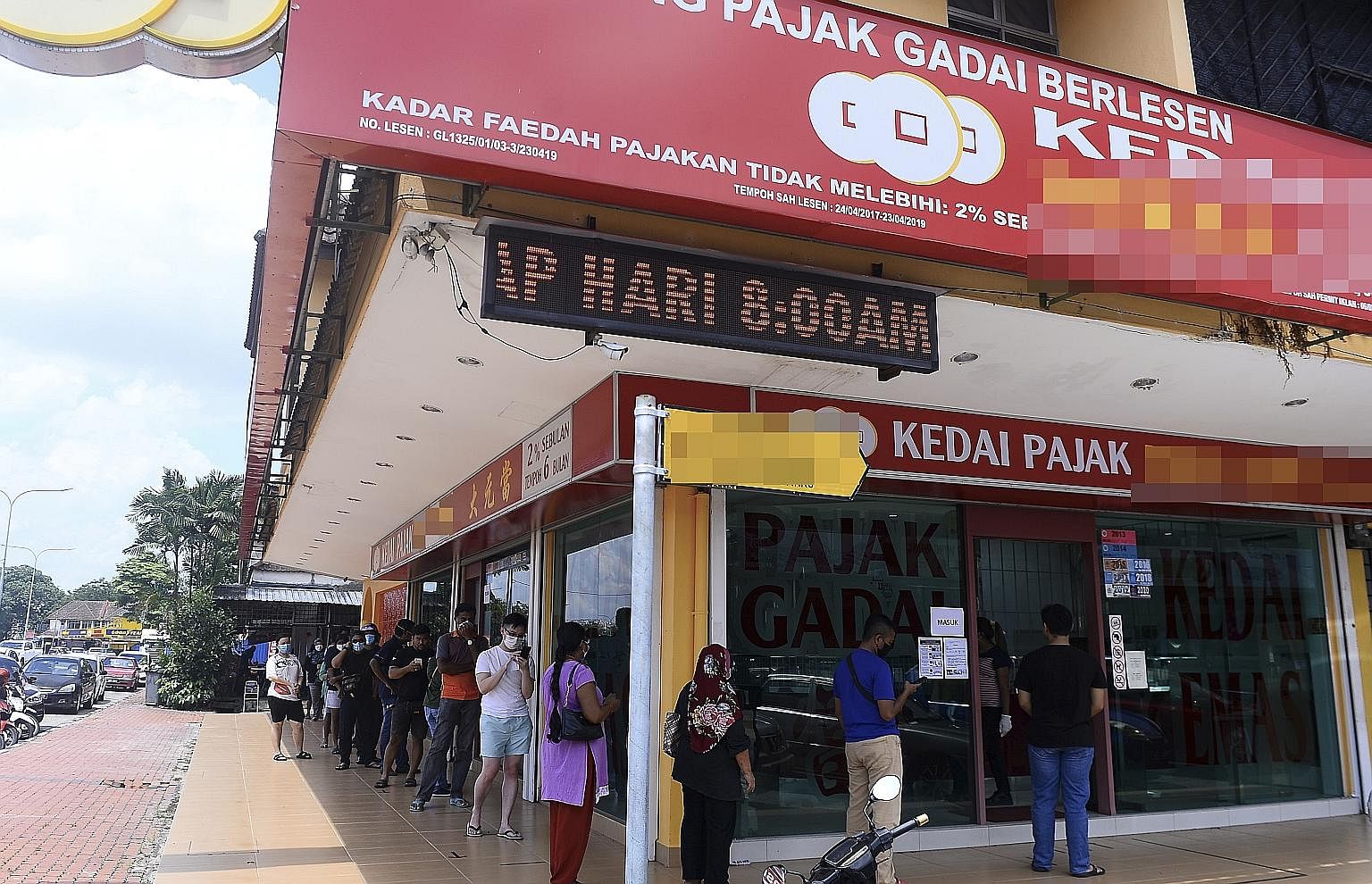 Wednesday, 31 Mar 2021
Wednesday, 31 Mar 2021
JOHOR BARU: People have been found using money from their i-Sinar withdrawal to reclaim personal belongings, including pawned valuables.
Besides redeeming these items, some are also using the EPF money to purchase gold and second-hand cars.
Johor Pawnbrokers Association chairman Ho Kuek Kuwang said the number of people visiting pawnshops to redeem gold ornaments increased by about 15% since early this month.
“The number of people pawning their valuables has dropped of late but many are coming to either redeem their gold or renew their pawn tickets.
“We started seeing an increase in people reclaiming their valuables since the end of last year as more government aid was handed out to the public.
“However, we only saw a significant surge in numbers about two to three weeks ago with many people receiving their money through i-Sinar, ” he said.
Tan Wang Chang, who operates two pawnshops here, said fewer people were pawning items since the beginning of the year.
“More people have been coming to redeem their valuables since the removal of conditions for the i-Sinar facility.
“Apart from this, many are also using their money to buy gold, ” said Tan, who also manages a goldsmith shop.
Govt servant cheated of almost RM30,000 in non-existent loan scheme
- Details
 Tuesday, 30 Mar 2021 9:08 PM MYT
Tuesday, 30 Mar 2021 9:08 PM MYT
PORT DICKSON: A 33-year-old government servant has been cheated of almost RM30,000 in a non-existent loan scheme here, says district OCPD Supt Aidi Sham Mohamad.
He said the victim had come across an advertisement on Facebook and decided to apply for a RM40,000 personal loan.
"However, a male suspect he was corresponding with asked the victim to bank in some money supposedly meant as fees to process his application, for insurance payment, legal and miscellaneous fees.
"The victim followed the instructions and banked in the money in stages into three separate accounts," he said in a statement.
After having banked in RM29,721, the victim was asked to remit another RM25,000 which was supposedly the final processing fee.
Supt Aidi Sham said the victim was also told that if he refused to do so, he would be blacklisted.
"The victim decided against banking in more money as he realised that he was being conned," he said, adding that the victim lodged a report on Sunday (March 28).
Supt Aidi Sham said police were probing the case under Section 420 of the Penal Code for cheating.
Read more: Govt servant cheated of almost RM30,000 in non-existent loan scheme
Page 69 of 111













